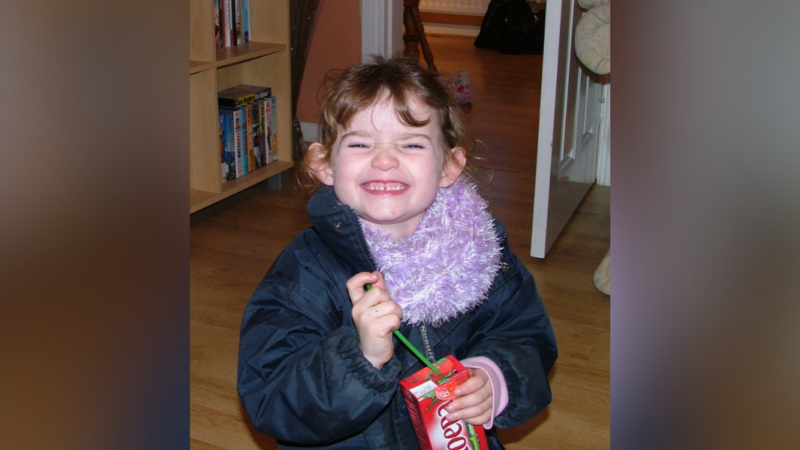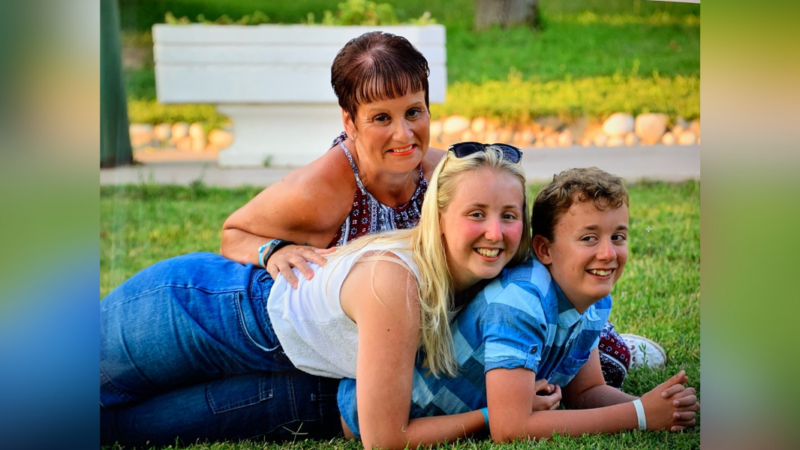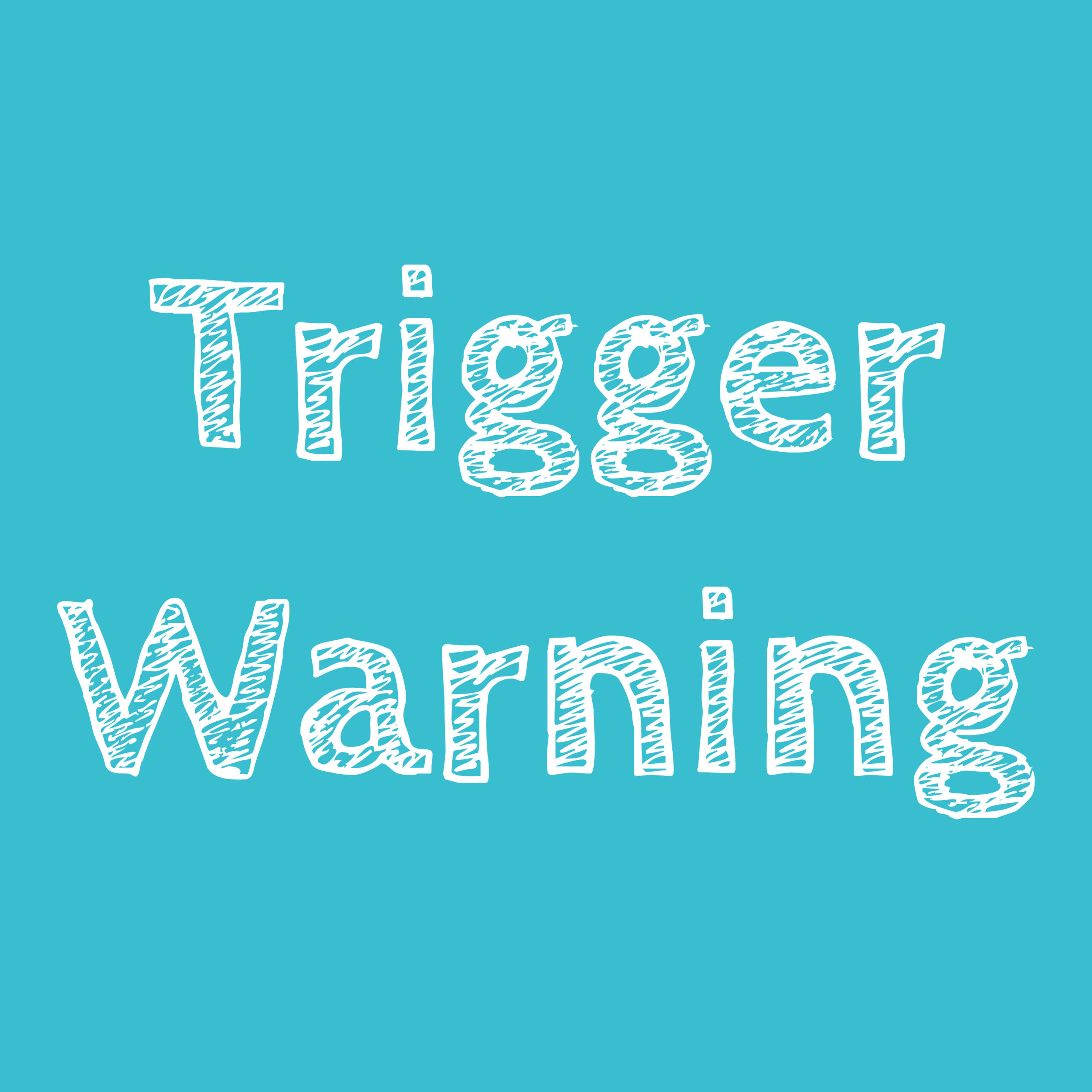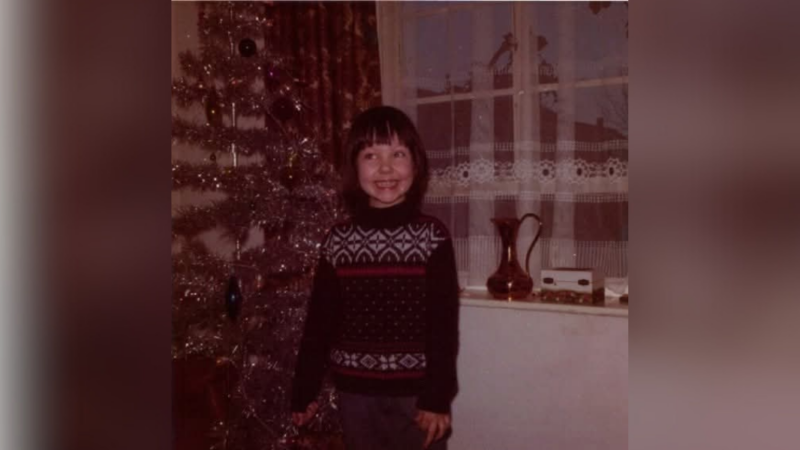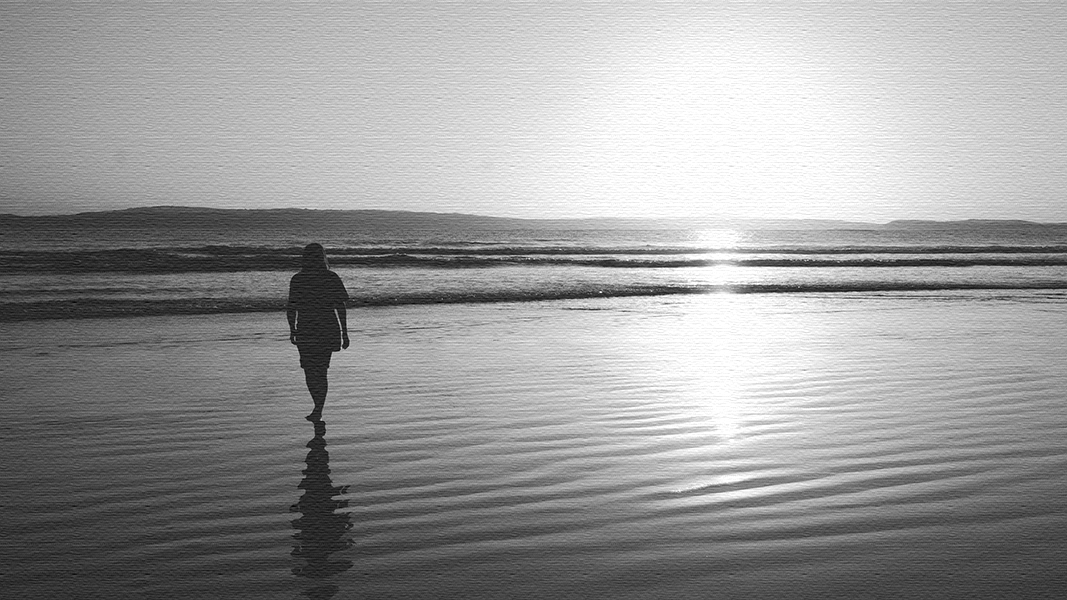
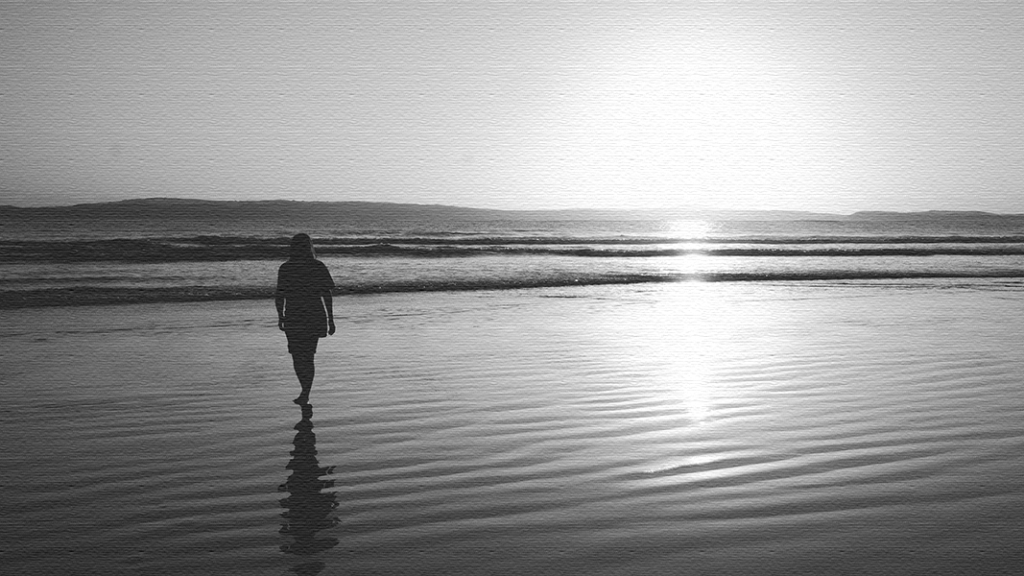
Living with a Jekyll and Hyde character
My Mum was an alcoholic.
It’s taken a lot to say that because throughout my childhood, it was a shameful secret we had to keep quiet. You don’t air the family’s dirty linen in public.
It’s this stigma that leaves children facing life with an alcoholic parent unable to talk about it and alone. They hide what’s happening at home to protect their parent out of love and loyalty. They believe it’s their job to pretend to the world that everything is ok whilst managing life at home and trying to fix the alcoholic. A battle they’re never going to win.
That’s a massive responsibility no child should be left to deal with alone.
I hid because I thought it was my fault
My earliest memory of this responsibility was on a holiday in Spain. Some other hotel guests found me leading a drunk swaying Mum down a busy Spanish road and helped get us back. A massive row broke out between my parents. I hid because I thought it was my fault people had seen Mummy not very well. I was 4. Lesson learned. Hide this at all costs.
This was compounded because we were a family living the 80s dream. How on earth could someone like me ever begin to complain about what was happening at home when we had so much? So, what was happening at home?
We were living with a Jekyll and Hyde character. You didn’t know what you were going to get on any given day. One minute I had THE best Mum in the world but when she’d been drinking, she was replaced by a woman who made me feel insecure, anxious and scared.
We were living with a Jekyll and Hyde character.
I can’t begin to count the number the times aged 10 my heart would sink when I knew she’d started drinking in the morning and I’d hide the car keys. The times aged 12 I’d have to try and restrain her from smashing things or break up rows between her and dad. The times aged 14 I’d hide the Paracetamol when she’d drunkenly declare she was going to kill herself.
All the times I’d find her passed out, clean her up and try and get her into bed. All the times I just couldn’t deal with it so just left her where she was. Home was an incredibly unpredictable and volatile place.
We tried everything to get her to stop. However, anyone who knows an alcoholic knows until they acknowledge they have a problem, all attempts are futile. But I thought if I did better, kept achieving, pleasing everyone else and showing the world everything was Ok, then maybe it would be right?
Mums drinking got worse throughout my teens and spiralled out of control when my parents divorced. In my early 20s I was agonising over the decision to cut Mum out of my life. I couldn’t do it anymore. But Mum made the decision for me. I found her after I called the police to break down the door. She’d fallen down the stairs. She was gone and I was heartbroken. I was also racked with guilt and disgust because I was relieved it was over. Or at least I thought it was.
She was gone and I was heartbroken
I ignored how I felt and clung on to the beliefs and behaviours that had got me through my childhood for the next 20 years. The insecurity, low self-esteem and self-worth shaped my life. But after one ridiculous decision and wrong relationship too many I finally realised it was now me who had the problem to deal with.
Through PTSD therapy I realised my hardwired beliefs about my value and worth were wrong. That what I wanted and needed was important and it was through this process that I stumbled across Nacoa. The day I read the stories from other adult children of alcoholics was the day I truly realised the profound impact Mums alcoholism had had on me. I could hear how I felt mirrored in every tale. I wasn’t alone.
If I’d have known Nacoa existed when I was a child I would have had someone to talk to who prioritised me and not the alcoholic. Someone who understood the heavy load, who could tell me that I was good enough, that it wasn’t my fault or my job to stop her drinking. I might have got to where I am today an awful lot sooner.
It wasn’t my fault
My Mum, the real Mum and not the alcoholic was a remarkable woman. She was loving, fun, compassionate and my brother and I were her world. Despite her denial, I knew she hated where she got to and what it was doing to us.
It’s for her that I’m airing my family’s dirty linen, lifting the lid on our shameful secret. The more people understand the shame and guilt kids feel and realise the massive impact it has on young lives, the more we can encourage children of alcoholics dealing with it right now to reach out and get the support they need. If my story helps do that, my mum would have been the first person to tell me to do it.
Kate
To find more personal experience stories, go to Support & Advice.

















































































